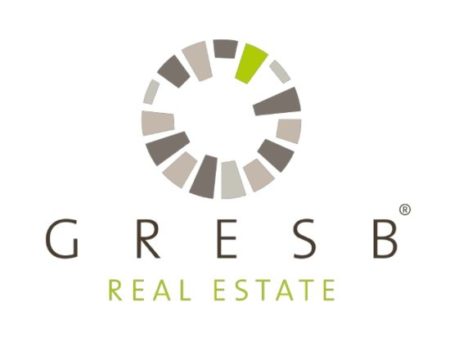Just last week, Global Real Estate Sustainability Benchmark (GRESB) pre-released their 2018 GRESB Real Estate Assessment in preparation for the approaching assessment reporting period of April 1st through July 1st, 2018. The pre-release brings news of changes to the reporting process and extensive analysis and explanation of the rationale and impact of the modifications. Read on for more information and insight into how these changes will affect your 2018 GRESB reporting process.
What is GRESB reporting and why is it important?
GRESB provides a thorough assessment of the environmental, social and governance performance of real asset investments. Over the past few years, GRESB has gained popularity and importance, especially with the lack of federal reporting mandates. The GRESB Real Estate Assessment is the first to provide investors with a consistent methodology and globally recognized ESG framework to all of their real estate investments. Despite federal laws, real estate investors see the value in disclosing and reporting their sustainability performance to drive discussion of ESG priorities, strategies and the alignment of goals with stakeholders. Its extensive data also enables comparisons across investments and peers to better benchmark sustainability progress.
What has changed since last year?
After an extensive review and industry engagement with the GRESB Advisory Board, Benchmark Committees, and Industry Working Groups, the 2018 Real Estate Assessment presents updates to the structure and indicators, outlined below (with more specifics to come with the Reference Guide on March 1st, 2018).
- Renaming of the Real Estate indicators – Provides more flexibility to adding or removing indicators without affecting the whole assessment and aligns terminology between multiple asset classes to promote standardization.
- Reduction of scored open text boxes – Maintaining the option to provide context to answers in open text boxes that will not be used for scoring.
- Updated building certifications database – GRESB is now requesting building certification level to better their analysis (levels will not be used for scoring in 2018, but will be relevant for reporting purposes).
- Scope 3 emissions reporting is mandatory – Prior to 2018, only scope 1 and 2 emissions were mandatory, but requiring scope 3 emissions better illustrates carbon footprints and reduction targets.
- Incentivizing reporting of asset data through the Asset Portal – There will be an increased focus on data quality through asset level reporting (not becoming mandatory, but incentivized for a minimum set of data through scoring points).
- API updates to Asset Portal data submission – GRESB scores can now be displayed on Premier Data partners’ platforms (such as within EnergyWatch’s watchwire platform).
- Increasing transparency in methodology – As per request from years prior, GRESB will publish the 2017 Real Estate Scoring document and share it with participants.
- Introducing the Resilience Module – Provides investors more transparency regarding the resiliency of real estate assets (available as an option in Assessment).
Key dates for the 2018 GRESB Real Estate Assessment Cycle:
March 1st: Release of Public Disclosure, Resilience Module, Health & Well-being Module and the Reference Guides for all GRESB Assessments.
April 1st – July 1st: Assessment Portal is open and all companies, funds, and assets are invited to begin their 2018 GRESB Assessments. All submissions must be received by July 1st, 2018.
April 2nd – June 8th: Response checks can be requested (A response check is a high-level check of your Assessment response after final submission, reducing errors and ensuring completion).
June 15th – July 31st: Validation process – GRESB may be in touch to clarify any issues or questions they find in your submitted response.
September 5th: Launch of Assessment results – Results will roll out the entire month of September.
September 20th – April 1st, 2019: Results reviews can be requested (A results review provides an in-depth look at your GRESB score).
A complete, thorough timeline of key dates and activities can be found here. EnergyWatch will also continue to provide any important developments as they come.
What’s next?
If you are not yet a GRESB member, review the membership categories and join here. If you are already a GRESB member, consider working with a GRESB Premier Partner to simplify and increase the accuracy of your reporting process. EnergyWatch, as a Premier Partner, integrates performance data directly with GRESB through their API. Reach out today to find out how EnergyWatch can help you achieve GRESB Green Star status, and save time and money while doing so.
 Top Sustainability Trends to Watch in 2025
Top Sustainability Trends to Watch in 2025

 Log In
Log In








